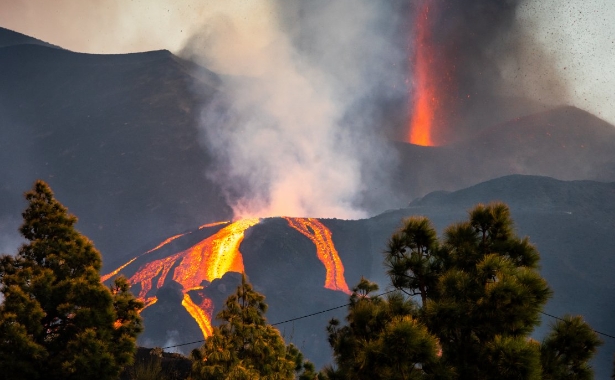Volcanoes are one of nature’s most powerful and fascinating phenomena. From their fiery eruptions to their creation of new landforms, volcanoes have a unique ability to shape the world around them. Let’s explore the power of volcanoes through some interesting facts and figures.
The Basics of Volcanoes
Volcanoes are openings in the Earth’s crust that allow hot magma, ash, and gases to escape from deep within the Earth. When this molten rock and ash reach the surface, they can create explosive eruptions that send ash and debris high into the sky.
Types of Volcanoes
There are several different types of volcanoes, including shield volcanoes, cinder cone volcanoes, stratovolcanoes, and supervolcanoes. Each type has its own characteristics and eruption styles, ranging from gentle lava flows to catastrophic explosions.
Notable Volcanic Eruptions
Throughout history, there have been many notable volcanic eruptions that have had a dramatic impact on the world. The eruption of Mount Vesuvius in 79 AD buried the Roman cities of Pompeii and Herculaneum in ash and lava, preserving them for centuries.
The 1815 eruption of Mount Tambora in Indonesia was so powerful that it caused a global decrease in temperatures, leading to the “Year Without a Summer” in 1816.
The 1980 eruption of Mount St. Helens in Washington state was one of the most destructive volcanic events in US history, causing the mountain’s summit to collapse and sending a massive landslide of debris cascading down its slopes.
Volcanic Hazards
Volcanic eruptions can pose many hazards to human populations, including lava flows, ash fall, pyroclastic flows, and lahars (mudflows). It is important for communities near volcanoes to have emergency plans in place to protect residents and minimize damage from eruptions.
The Benefits of Volcanoes
Despite the dangers posed by volcanic eruptions, volcanoes also play a vital role in shaping the Earth’s landscape and providing valuable resources. Volcanic soil is very fertile and supports lush vegetation, making it ideal for agriculture. Volcanic eruptions also create new landforms, such as islands and mountains, which add to the diversity and beauty of our planet.
In conclusion, volcanoes are powerful forces of nature that have the ability to both destroy and create. By studying and understanding these amazing natural phenomena, we can better prepare for their impacts and appreciate the unique beauty they bring to our world.

